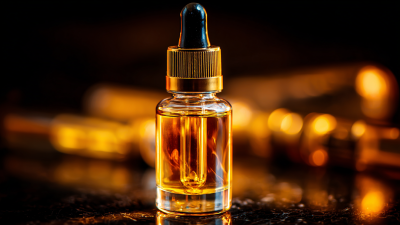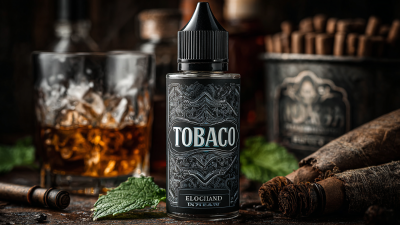As the vaping industry continues to evolve, synthetic nicotine e-juice has emerged as a significant trend, capturing the attention of both consumers and regulators alike. According to a recent report by the Tobacco Control Journal, the market for synthetic nicotine products is projected to grow exponentially, driven by the increasing demand for alternatives to traditional tobacco products.
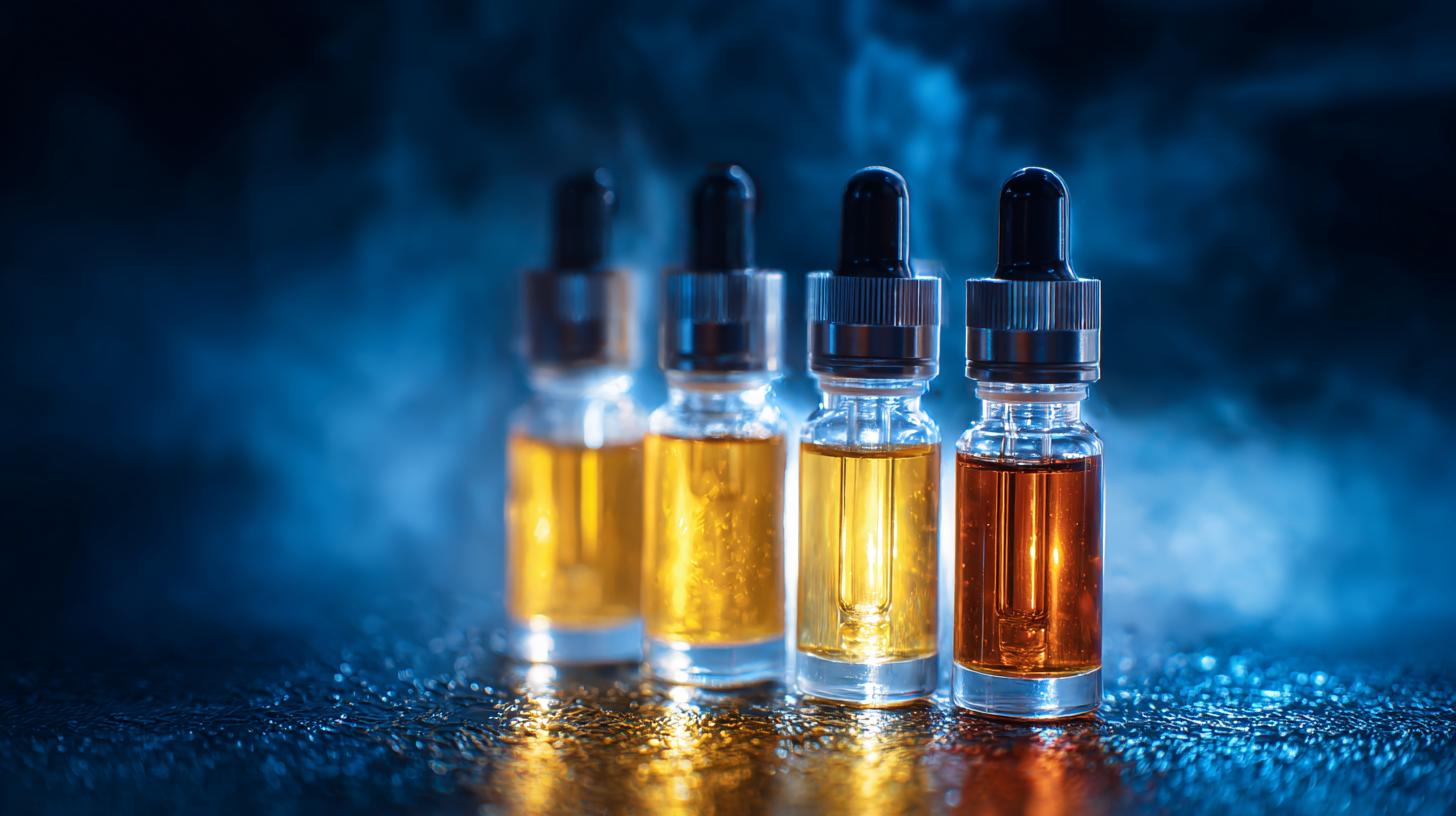
Synthetic nicotine, distinct from nicotine derived from tobacco, offers manufacturers greater flexibility in formulation and marketing, which has contributed to its rapid acceptance among vaping enthusiasts. This guide delves into the essentials of synthetic nicotine e-juice, examining its chemical composition, potential health impacts, and regulatory landscape, enabling consumers to make informed decisions.
Understanding these factors is crucial, especially as the industry adapts to shifting consumer preferences and emerging scientific insights surrounding smoking cessation and nicotine consumption.
Synthetic nicotine is a man-made compound that mimics the natural nicotine found in tobacco plants. Unlike traditional nicotine, which is extracted from the leaves of tobacco, synthetic nicotine is produced in labs through chemical processes. This innovation allows for greater control over the purity and composition of the nicotine, catering to the rising demand for vaping products that may not rely on traditional tobacco sources.
The origins of synthetic nicotine can be traced back to advancements in chemistry and pharmacology. As more consumers seek alternatives to conventional tobacco products, researchers and manufacturers have focused on creating a viable substitute that retains the stimulating properties of nicotine while diversifying the ingredients used in e-liquids. This shift is not only aimed at meeting the preferences of vapers but also at navigating regulatory landscapes that can be less stringent for synthetic products compared to those derived directly from tobacco.
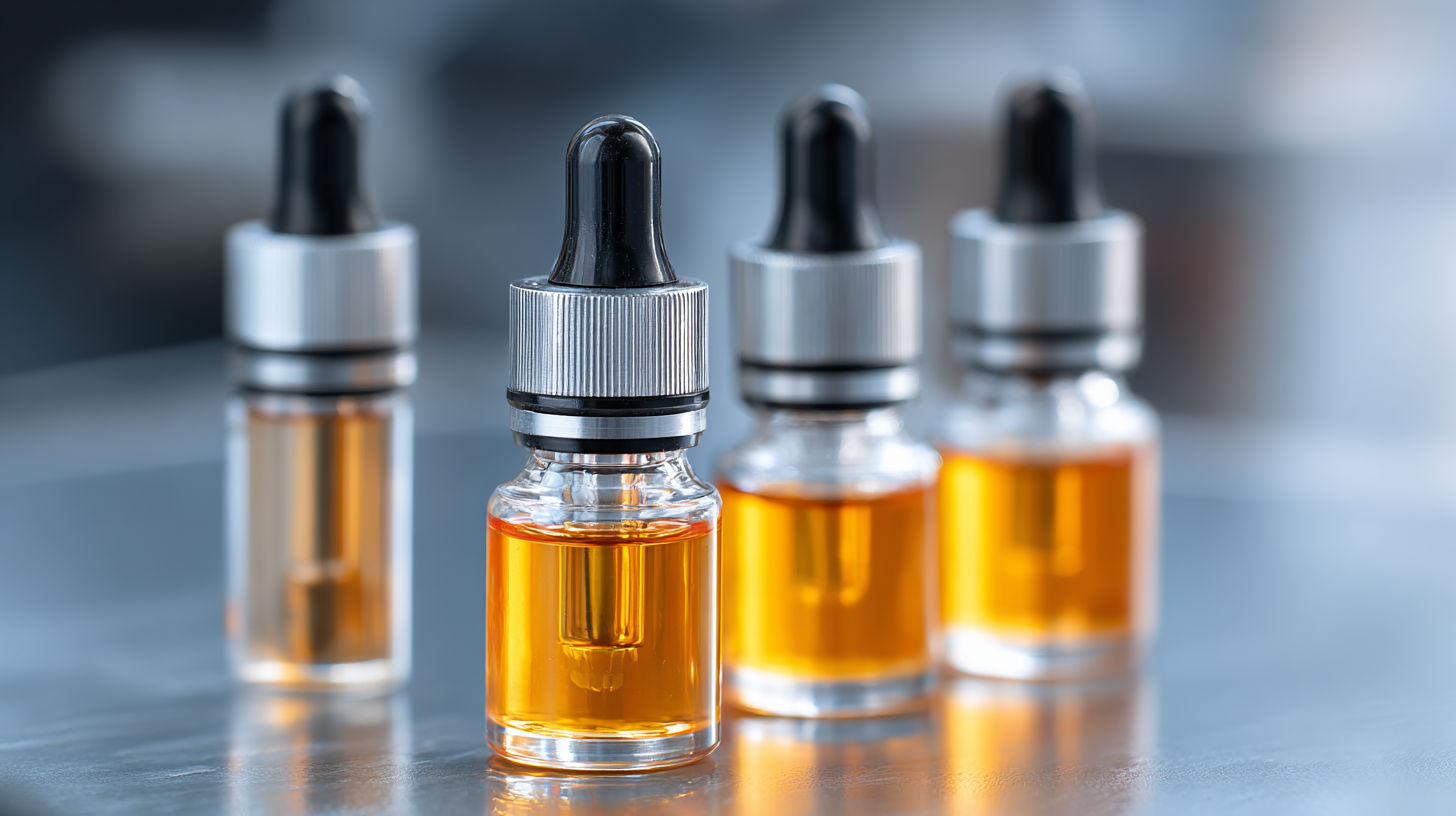 Synthetic nicotine and traditional nicotine are two distinct forms of nicotine found in e-juices, each having unique characteristics and implications for consumers. Traditional nicotine, derived from tobacco plants, contains the natural components and compounds that can contribute to the overall experience of smoking or vaping. This form of nicotine is regulated under various tobacco laws, meaning its sourcing and production are subject to strict guidelines. Users often find that traditional nicotine offers a familiar sensation akin to traditional smoking, which can appeal to those transitioning from cigarettes to vaping.
Synthetic nicotine and traditional nicotine are two distinct forms of nicotine found in e-juices, each having unique characteristics and implications for consumers. Traditional nicotine, derived from tobacco plants, contains the natural components and compounds that can contribute to the overall experience of smoking or vaping. This form of nicotine is regulated under various tobacco laws, meaning its sourcing and production are subject to strict guidelines. Users often find that traditional nicotine offers a familiar sensation akin to traditional smoking, which can appeal to those transitioning from cigarettes to vaping.
On the other hand, synthetic nicotine is a lab-created alternative that mimics the effects of traditional nicotine without being derived from tobacco. This innovation is appealing for those seeking a tobacco-free option or those concerned about the regulatory implications associated with traditional nicotine. Synthetic nicotine can offer a more consistent product, as its chemical composition can be precisely controlled during manufacturing. Additionally, it allows manufacturers to explore different flavor profiles and formulations without the stigma attached to tobacco-derived products. As the vaping landscape evolves, understanding the differences between these two types of nicotine becomes essential for making informed choices.
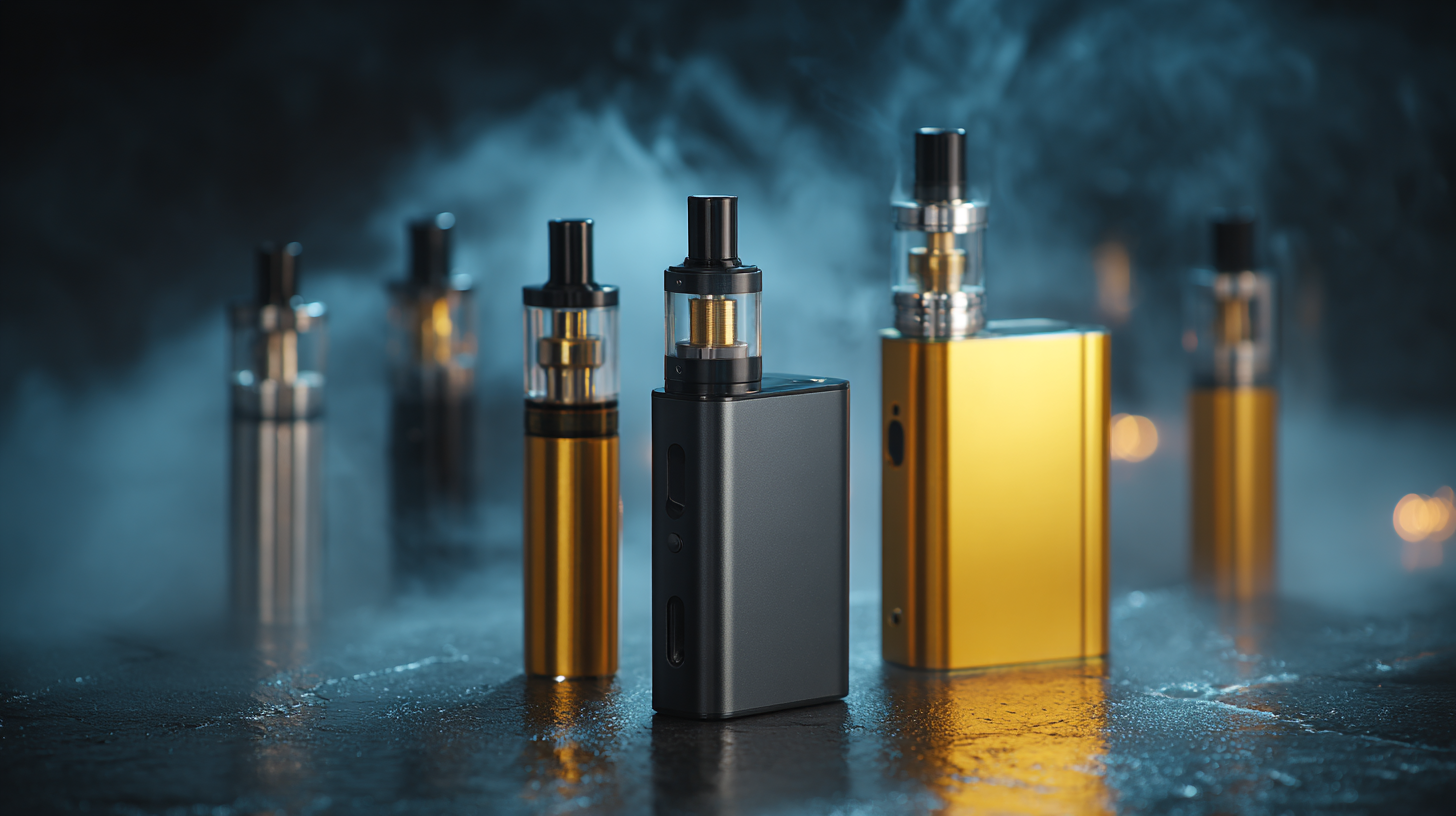 Synthetic nicotine, a man-made alternative to traditional nicotine derived from tobacco, has emerged as a significant player in the vaping industry. While it offers certain advantages, such as being free from tobacco plant-related impurities, its health implications remain a topic of ongoing research and debate. Some studies suggest that synthetic nicotine may carry similar health risks to natural nicotine, particularly when it comes to addiction potential and cardiovascular effects.
Users should be cautious, as the long-term consequences of inhaling synthetic nicotine are still largely unknown.
Synthetic nicotine, a man-made alternative to traditional nicotine derived from tobacco, has emerged as a significant player in the vaping industry. While it offers certain advantages, such as being free from tobacco plant-related impurities, its health implications remain a topic of ongoing research and debate. Some studies suggest that synthetic nicotine may carry similar health risks to natural nicotine, particularly when it comes to addiction potential and cardiovascular effects.
Users should be cautious, as the long-term consequences of inhaling synthetic nicotine are still largely unknown.
Furthermore, synthetic nicotine e-juices often attract a younger demographic due to their availability in various flavors. This has raised concerns among health officials about increasing youth vaping rates. Although synthetic nicotine might serve as an alternative to traditional products for some adults seeking to quit smoking, the health implications of its use are not fully understood. As regulatory frameworks evolve, it's crucial for users to stay informed about the potential risks associated with synthetic nicotine and consider the broader context of vaping's impact on health.
The legal landscape surrounding synthetic nicotine products is rapidly evolving, particularly in light of recent judicial decisions and regulatory developments. A significant ruling by the U.S. Supreme Court has curtailed the Food and Drug Administration's authority over tobacco regulation, creating uncertainty about the enforcement of existing laws on synthetic nicotine. This ruling suggests a complex interplay between state and federal regulation that could impact the market dynamics for e-cigarettes and other nicotine-containing products.
Moreover, countries like South Korea are grappling with their own regulatory challenges. Legislation aimed at defining and restricting synthetic nicotine e-cigarettes has faced hurdles, as lawmakers struggle to categorize these products effectively within existing tobacco laws. Health officials are advocating for stricter controls to safeguard public health, amid increasing criticism of companies exploiting tax loopholes. As the demand for synthetic nicotine continues to rise, it is crucial for legal frameworks to adapt promptly to address the novel challenges posed by these products.
| Regulation Aspect | Details |
|---|---|
| Definition of Synthetic Nicotine | Synthetic nicotine is manufactured in a laboratory and is not derived from tobacco plants. |
| FDA Regulation | The FDA regulates synthetic nicotine products under the same rules as conventional tobacco products since April 2022. |
| Age Restrictions | You must be at least 21 years old to purchase synthetic nicotine products in the United States. |
| Labelling Requirements | Synthetic nicotine products must clearly state "contains synthetic nicotine" on the label. |
| Sales Regulations | Retailers must comply with state and federal laws regarding the sale of nicotine products, including synthetic nicotine. |
| Health Risks | Synthetic nicotine is considered to have similar health risks as traditional nicotine. |
Synthetic nicotine e-juice has rapidly gained popularity among vapers, providing an alternative to traditional nicotine sources derived from tobacco. As the market expands, several top brands have emerged, each offering a variety of enticing flavors tailored to meet diverse consumer preferences. According to recent market analysis from Grand View Research, the global e-liquid market size was valued at approximately $4.7 billion in 2021 and is projected to grow at a compound annual growth rate (CAGR) of 23.8% from 2022 to 2030, with synthetic nicotine contributing significantly to this surge.
Brands like Puff Bar and Elf Bar have begun incorporating synthetic nicotine into their product lines, boasting flavors such as mango ice and cool mint that appeal to a wide demographic. Reports from Statista indicated that flavored e-liquids accounted for nearly 70% of the market share in 2022, underscoring the demand for innovative flavor profiles. With synthetic nicotine, manufacturers can provide a smoother throat hit and a cleaner taste, making it more attractive to both seasoned vapers and newcomers alike. As synthetic nicotine e-juice continues to evolve, staying informed about top brands and their unique flavors will enhance the vaping experience for consumers.
